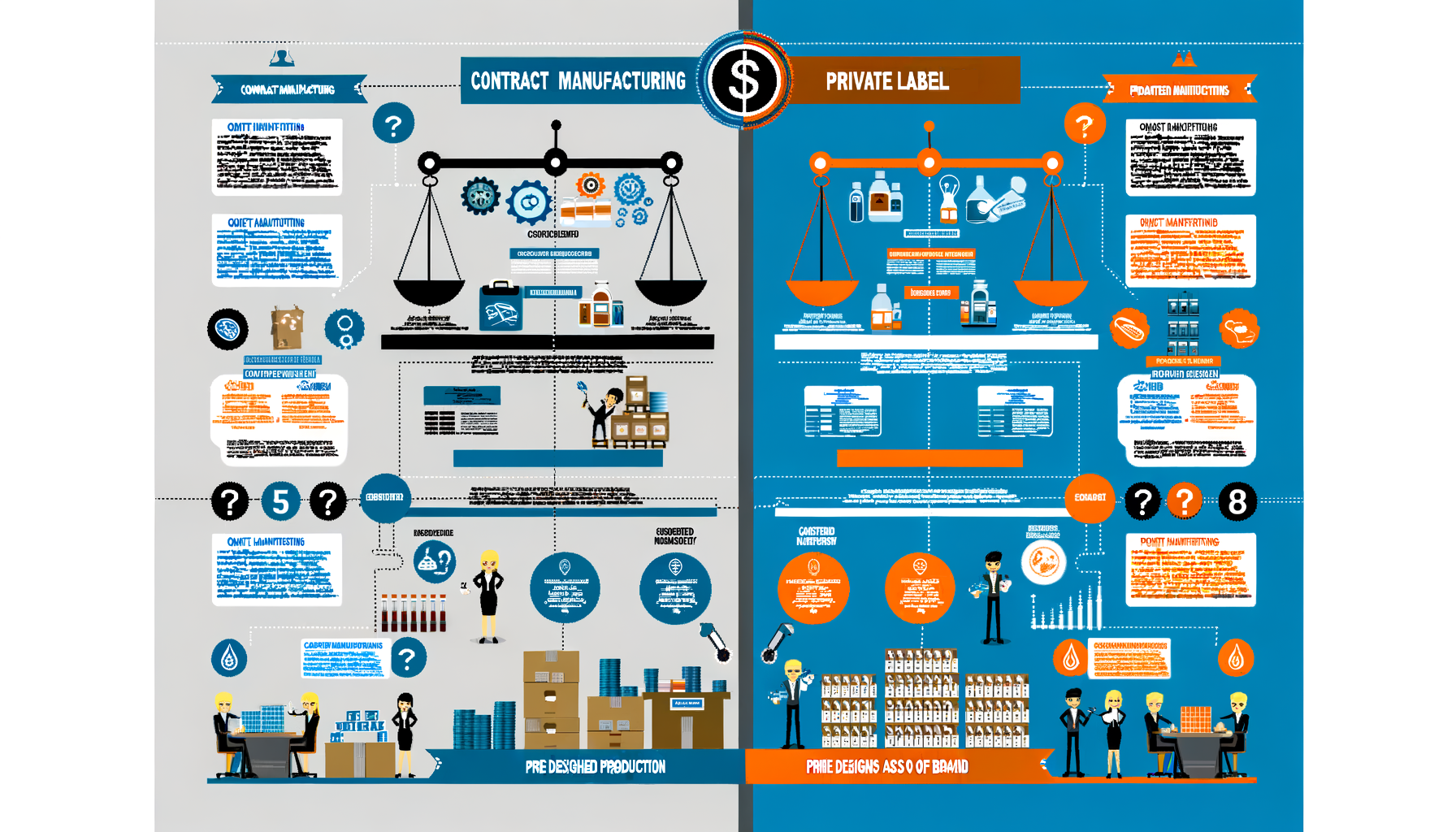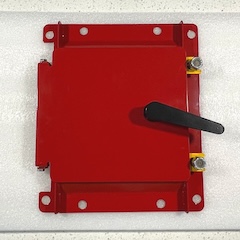
Understanding the Differences Between Contract Manufacturing and Private Label
Did you know that the global contract manufacturing market is projected to reach $1 trillion by 2025? With such staggering growth, understanding the nuances between contract manufacturing and private labeling becomes crucial for businesses aiming to expand their product offerings. But what exactly sets them apart? In this guide, we’ll delve deep into these concepts to equip you with the insights needed for your next business venture.
What is Contract Manufacturing?
- Definition: Contract manufacturing involves outsourcing the production of goods to a third-party company.
- Key Features: Businesses leverage specialized equipment and expertise of manufacturers.
- Flexibility: Offers customization of products based on specific requirements.
- Examples: Think of technology giants using contract manufacturers to produce gadgets.
In contract manufacturing, companies employ external manufacturers to produce parts or whole products, focusing on R&D and marketing. Businesses might choose this route for reasons ranging from cost reductions to accessing advanced manufacturing technologies. A well-known example is how many popular smartphone brands contract manufacturers to build their devices, ensuring each part meets their high standards.
What is Private Labeling?
- Definition: Private labeling allows businesses to sell third-party manufactured products under their own brand name.
- Key Features: The manufacturers handle the production; businesses focus on branding and selling.
- Benefits: Quick entry to the market and brand ownership without complex manufacturing processes.
- Examples: Supermarkets often use this model for their brand-name products.
With private labeling, companies can effortlessly enhance their product lines. They choose existing products from a manufacturer’s catalog and brand them as their own. This model accommodates budgeting and time-efficient strategies, which is why many grocery store chains offer private-label food products. It’s a win-win: manufacturers produce; businesses strategize and market!
Key Differences Between Contract Manufacturing and Private Label
- Control: Contract manufacturing allows for greater customization and control over product design.
- Branding: Private labeling focuses on brand establishment and quicker market penetration.
- Cost Implications: Contract manufacturing typically involves higher initial costs compared to private labeling.
- Time to Market: Private label products generally hit the market faster.
While both models facilitate product expansion, they cater to different business needs. For those deeply invested in innovation and customization, contract manufacturing offers the ideal solution. Conversely, companies looking to quickly establish brand identity without diving into manufacturing complexities lean towards private labeling.
Making the Right Choice for Your Business
- Understand Business Goals: Clarify if you need customization or quick market entry.
- Evaluate Resources: Assess your budget and operational capabilities.
- Consider Long-term Strategy: Align your manufacturing choice with long-term business objectives.
Choosing between contract manufacturing and private labeling depends on various factors such as your industry’s landscape, budget, and operational capabilities. Engage in thorough market research, understand your target demographics, and align decisions with your long-term strategic goals. Ultimately, a thoughtful approach will pave the way for success.
Conclusion: Navigating Your Business Journey
As we navigate this manufacturing landscape, it’s clear that both contract manufacturing and private labeling hold significant promise. Grasping the differences between them is pivotal to aligning your strategy with your business goals. Whether you’re venturing into innovative product design or seeking quick branding wins, the right choice can position your business for continued growth. Got questions or experiences to share? Drop a comment below, and let’s keep the conversation going!
